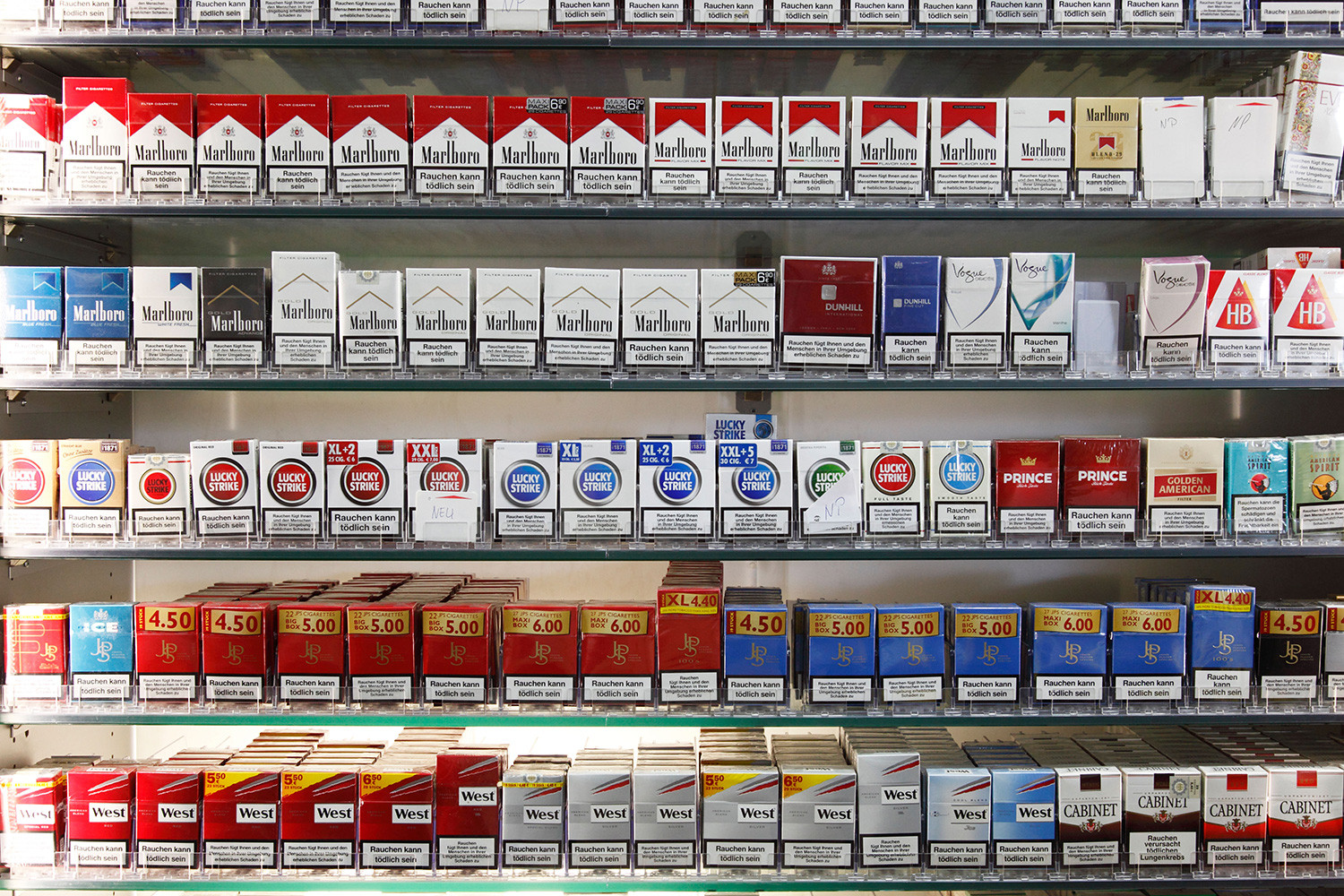
Higher tobacco taxes increase revenue decrease death
Bangladesh is one of the largest tobacco consuming countries in the world, with over 46 million (43%) adults consuming cigarettes, bidis, smokeless tobacco or other tobacco products and Bangladesh is one of the five focus countries of the Bloomberg Initiative (BI) to reduce tobacco use.
Smoking is harmful for the smokers as well as others around them. Non-smokers exposed to second-hand smoke or environmental tobacco smoke (ETS) are subject to similar health hazards as those of the smokers. ETS exposure increases the risk of lung cancer, cancers of the mouth and larynx, stroke and ischaemic heart diseases (IHD), chronic obstructive pulmonary diseases (COPD), pulmonary tuberculosis, and Buerger’s Disease. ETS exposure is common in workplaces. Smoke-free workplaces can create safer working environments, improve workers’ health and enhance corporate image.
Bangladesh was the first developing country to sign the WHO Framework Convention on Tobacco Control (WHO FCTC) in 2003. It has been a Party since the 2004. Article 6 of the FCTC requires that parties to the treaty consider tax policies and price polices as a part of their overall national health policy and recommends that governments will raise tobacco taxes to reduce tobacco consumption.
The Bangladesh government is committed to reduce tobacco consumption. Prime Minister Sheikh Hasina pledged her government to work towards full compliance with the WHO FCTC and stated that overhauling tobacco tax is high on the agenda as the most powerful measure for reducing tobacco use. “Bangladesh will be tobacco-free by 2040” - she declared at the first-ever South East Asian Speakers’ Summit on Achieving the Sustainable Development Goals (SDGs), held in Dhaka.
The Summit concluded with the release of the Dhaka Declaration – committing all signatories to work towards significant reductions of non-communicable diseases (NCDs). Tobacco use is the main risk factor for NCDs.
Tobacco taxes are the single most cost-effective policy tool to achieve the goal of reducing tobacco consumption. Tobacco taxation reduces the consumption and increases revenue due to the demand-inelastic nature of the product. It is sufficient in raising revenue. Normally there is a large captured consumer market paying taxes because they cannot either quit smoking due to addiction, or are not price sensitive due to lower taxes. It helps defray the “negative spillovers” of tobacco consumption, such as diseases contracted by non-smokers and the costs to treat such diseases. Tobacco taxes discourage consumption of the poor, the young and new tobacco users, and provide opportunity for more productive spending and investment elsewhere. The World Bank recommends setting tobacco taxes to between two-thirds to four-fifths of retail price. Few low- and middle-income countries achieved this level of taxation, and most can significantly increase their tax levels.

-

BATB wins Asia Responsible Entrepreneurship Award ...
18 Jul, 2017 -

GHW to cover upper space pf tobacco packs ...
18 Jul, 2017 -

Policy drafted to discourage tobacco farming ...
18 Jul, 2017 -

Duty puts 2 lakh bidi workers out of job ...
20 Jun, 2017 -

Tax proposals on tobacco jitter activists, cheer companies: Adhuni ...
17 Jun, 2017 -

265 cartons cigarette seized ...
08 May, 2017 -

Heavy taxation on tobacco products demanded ...
08 May, 2017 -

Smoking is responsible for 80 percent of all lung cancer worldwide ...
02 May, 2017 -

BAT holds 44th AGM ...
23 Apr, 2017 -

Nasim for collective efforts to build tobacco-free country ...
15 Apr, 2017
